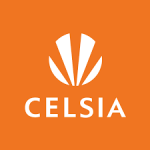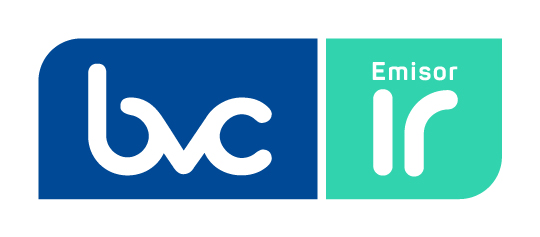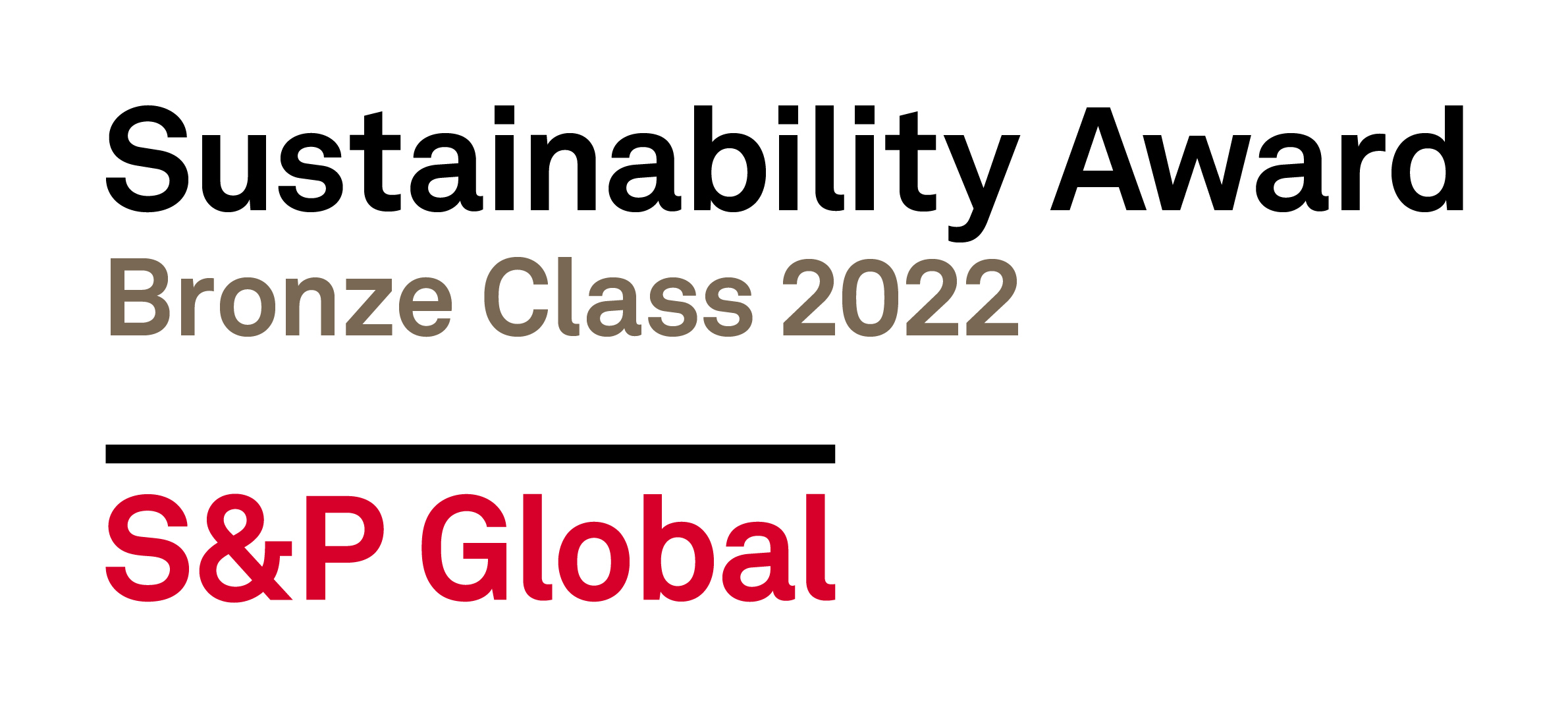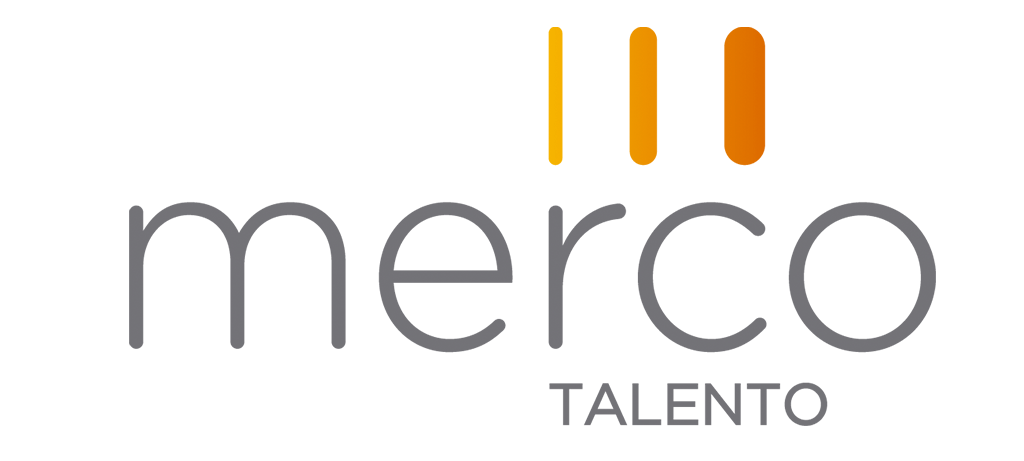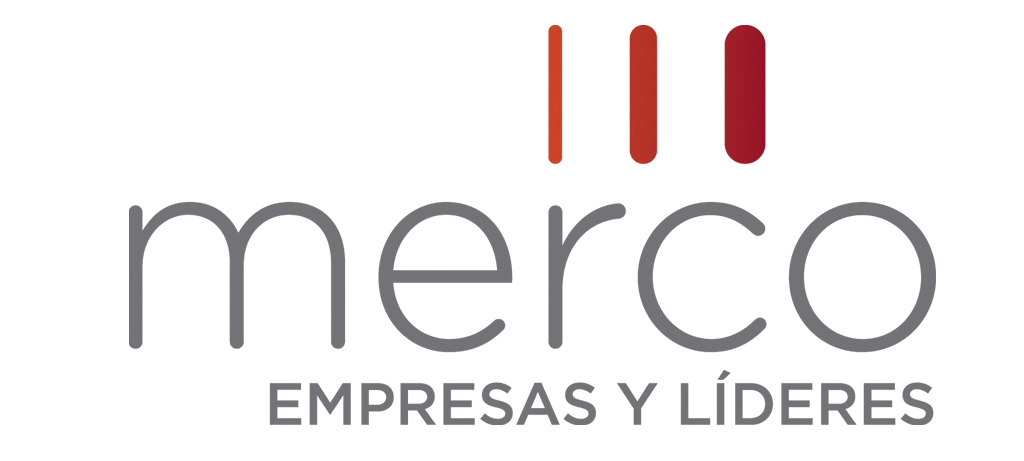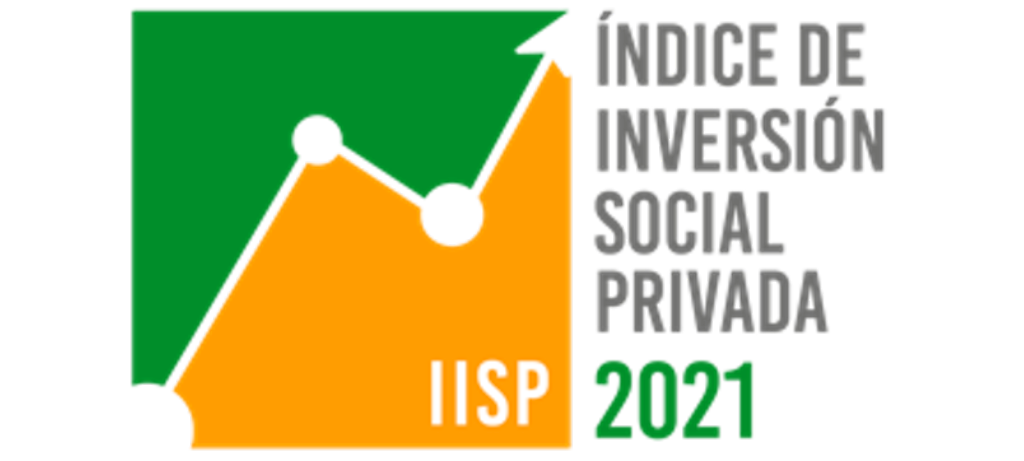Celsia Culture
Occupational Health and Safety
Being safe, we are sustainable. At Celsia, safety is a vital, non-negotiable value. Learn about the Occupational Health and Safety Management that we handle.
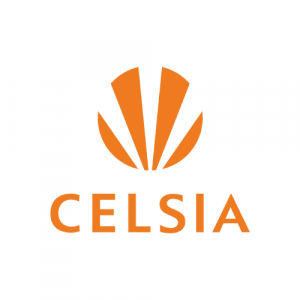
GRI (103-1) At Celsia, safety is a vital, non-negotiable value. We are convinced that being safe is also being sustainable, maintaining business continuity, productivity and the ability to respond to any eventuality. Our main objective is to have our employees and contractors return home healthy every day.
GRI (103-2, 403-1) Our Occupational Health and Safety (OHS) Management sims to create a culture of self-care that allows us to integrate good safe practices. All our actions are focused on our principles:
- I take care of myself and I take care of you to fully experience safety.
- Work safely; stay with us.
- I can prevent incidents at all times.
- I am an example; I have the right to say “stop” to unsafe acts and conditions.
- Being safe, we are sustainable.
GRI (403-1, 403-4) This is how we have names our Occupational Health and Safety (OSH) Management System. More than a name, it is an internalized brand that reminds us every day of the voluntary decision to stay healthy and safe. This system is designed under the Plan, Do, Check and Act (PDCA) improvement cycle and has 12 main elements that allow establishing the guidelines, parameters and methodologies necessary to promote, prevent and maintain health and safety at the desired level.
I Choose to Take Care of Myself
GRI (103-3)
In addition to the 12 elements, I Choose to Take Care of Myself (Yo Elijo Cuidarme, YEC) has a governance scheme made up of committees, in which an interdisciplinary team from each area participates. This guarantees participation in issues or decisions regarding Occupational Health and Safety and in the monitoring of management and results, with the advice of a Design Team and an OSH Management Team, which support the implementation in each of the operations.
GRI (403-5) Our YEC Program and its principles allow us to be agile and reliable; in this way, we faced the COVID-19 contingency in 2021. We adapted to the initial recommendations of the World Health Organization (WHO) and national and international legislation to establish biosecurity protocols and guidelines. We developed technological aids to manage and monitor COVID-19, as well as strategies focused on the health, social and mental components to minimize the risk of contagion and provide support during the pandemic.
In 2021, our training plan continued to focus on the main hazards detected in the risk analysis and the characterization of the accident rate. We also continued with the initial YEC training plan for direct employees and contractors in the Department of Tolima, where the main topics were:
- Preventing COVID-19
- YEC elements
- Five Golden rules
- Road safety
SASB (IF-EU 320-a-1)
Incidents Registered in Employees and Contractors in 2021
Number of Incidents Registered Employees
Number of Incidents Registered Contractors
Number of incidents registered Total celsia
Employees + Contractors
Employees + Contractors
Employees + Contractors
SASB (IF-EU 320-a-1)
Total Rate of Recordable Incidents (TRRI) in Employees and Contractors
Total Rate of Recordable Incidents (TRRI) Employees
(Incidents Recorded – Col x 1,000,000)/Hours worked)
Total Rate of Recordable Incidents (TRRI) Contractors
(Incidents Recorded – Col x 1,000,000)/Hours worked)
Total Rate of Recordable Incidents (TRRI) Celsia
(Employees + Contractors)
SASB (IF-EU 320-a-1)
Near-Miss Frequency Rate for Near-Misses in Employees and Contractors
During 2021, there were zero (0) near-misses (high-potential incidents) registered in employees in Colombia and Central America, which translate into a rate of zero (0) OSH near-miss frequency rate (NMFR) in employees.
Number of Near-Misses Recorded Contractors
Near-Miss Frequency Rate (NMFR) for Near-Misses Related to Work Celsia
(Employees + Contractors)
GRI (403-5, EU18) We know that, in order to achieve the proposed goals in matters of Occupational Health and Safety, we must make an effort every day and train our employees and contractors in order to improve their safety skills and abilities.
Total number of hours of training on OHS with contractors.
- Induction and re-induction in Occupational Health and Safety
- Training in the I Choose to Take Care of Myself (YEC) tools (I Choose to Observe, Operational Discipline; Incident Investigation and Analysis, and Contractor Management)
- Training in Risk Management
- Training in Electrical Risks
- Training in COVID-19 Management
- Training in Physical and Mental Health promotion and prevention
- Risk-Factor workshops
- Training and re-training in working at heights
- Chemical-Risk Management
- Working with hoists
- Emergency Preparedness
- Safe mobility
- Use and care of Personal-Protection Elements
- Prevention of biological risks
- Working in confined spaces
- Others (from the OHS Management System (SG-SST, in Spanish).
GRI (103-3) In 2021, we made decisive progress in consolidating the cultural transformation proposed years ago and the results prove it:
We supported OHS issued in the conscious return of employees to the Yumbo building (first pilot), guaranteeing a safe, reliable new normality.
We training new observers as a validation strategy for biosecurity protocols.
We launched the OHS portal in CelsiaNet. This portal is one of the means that helps us to disseminate information on the OHS teams, Give Me Five (5), COVID protocols, incident counters with the socialization of the respective security alert and the lessons learned.
We began the FARO Project (the OHS Administration Platform)
WE made adjustments to the I Choose to Observe (YEO) app to consolidate observations about COVID.
We began the approval of the Occupational Health and Safety Management System in Colombia and Central America.
As for the Accident Frequency Rate, we maintained a trend of improving performance in contractors, with reductions of nearly 60% since 2017, and 18.7% in 2021, compared to 2020.
We maintained the trend of zero (0) fatalities in direct employees.
In Celsia, during 2021 we were very sorry to hear of the loss of six human lives, events that could have been prevented, due to failures in human decisions and the omission of safety protocols by contractors. All the events were duly investigated, in which the root causes were identified, allowing us to learn and generate the lessons learned.
New Challenges
These are our short-, medium- and long-term challenges
- Strengthen the I Choose to Take Care of Myself (YEC) model in the T&D Tolima Business, Commercial, Internet and new businesses.
- Launch the FARO app for comprehensive Occupational Health and Safety Management.
- Implement the health strategy focused on prevention and promotion.
- Achieve zero (0) fatalities and reduce the Frequency Indicator (FI) and Severity Indicator (SI) by 10%in employees and contractors, compared to 2021.
- Support matters of Occupational Health and Safety in the conscious return of employees to the workplace, guaranteeing a safe, reliable new normality.
- Apply data science to venture into the predictive analysis of health and safety indicators.
- Be the benchmark of the energy sector in OHS matters in the countries where we operate.
Glossary
CelsiaNet: The internal-communication virtual platform for Celsia employees.
FARO: The OHS Administration Platform.
Frequency Index (FI): An indicator that measures the frequency with which accidents occur during the workday for every million hours worked.
Give Me 5: A motivational video to start internal work meetings by sharing a safety issue that leads to sharing experiences and being leaders in safety in the electricity sector.
I Choose to Take Care of Myself (Yo Elijo Cuidarme, YEC, in Spanish): The internal transformation program to turn safety into a life value.
Severity Index (SI): An indicator that measures the severity of work accidents and represents the number of days lost per 1,000 hours worked.
